Herein lies the tension: Over the past five decades, the economies of the United States and China have become deeply entwined. This has brought Americans advantages as well as threats.
The risks to the United States include China’s nonmarket economic practices, theft of intellectual property, penetration of U.S. critical infrastructure, and growing cyber capabilities; risks also include the prospect of supply chain disruptions or weaponization in the event of a crisis or conflict. China’s use of transnational repression and covert talent programs have raised concerns about the erosion of core principles of freedom of expression and association as well as the security of the U.S. research enterprise.
At the same time, China remains a key market for U.S. exports and a crucial supplier of materials and inputs for American businesses, small and large. And the United States has remained a net beneficiary of human capital from China—including students, faculty, and entrepreneurs who have come to the United States to study, work, and contribute to U.S. technological and scientific leadership.
To discuss the challenges of navigating these tradeoffs, a diverse group of experts, advocates, and practitioners came together for a workshop on October 7, 2024. The daylong deliberations were convened under the auspices of the new Institute for America, China, and the Future of Global Affairs (ACF) at Johns Hopkins School of Advanced International Studies (SAIS), where I am the inaugural faculty director.
Participants delved into how the U.S. government can formulate China policy in a way that will define and drive the ability of the United States to succeed over the short and long term. They debated how to combat espionage, surveillance, political interference, and other security and economic threats without undermining the very strengths policymakers are trying to protect. And they looked at ways in which American interests are advanced by the prudent management of ties with Chinese markets, companies, and local governments, as well as with the Chinese diaspora.
The resulting analyses and recommendations are captured in this suite of memos. This collection makes no attempt to present a consensus. Rather, it offers a spectrum of fresh perspectives on ways to center the vitality of American democracy, economy, and society in the United States’ strategy toward China.
Some memos point to a need to audit the domestic costs and benefits of policies intended to safeguard U.S. leadership. Some highlight the utility of disaggregation—of developing a nuanced understanding of the differing roles and risk levels pertaining to local, regional, and national actors, public and private—both in China and in the United States. Some set out steps to defend American values and the nation’s advantages as a just, tolerant, innovative, attractive, and open society. Others describe the toll of increasing tensions on American citizens and communities. Other memos illustrate how, in developing an effective prescription for dealing with difficult tradeoffs, it is crucial to proceed from an accurate diagnosis—and precise language.
These nuances are not distinctions without a difference; they are a core part of calibrating U.S. policy to advance Americans’ security and prosperity at this critical moment. It is in that spirit that I am pleased to share this report. It is our hope that ACF will offer a place for continuing this conversation and many others across diverse perspectives—with rigor, humility, compassion, and creativity—to foster deeper understanding and informed policymaking.

